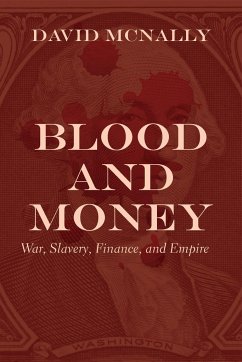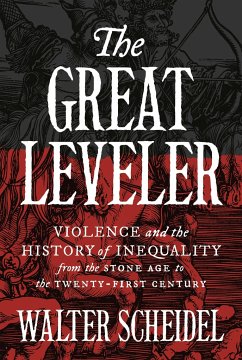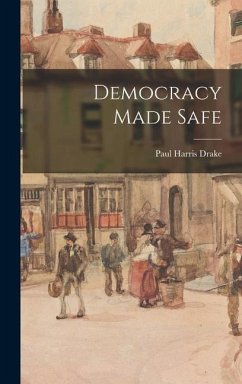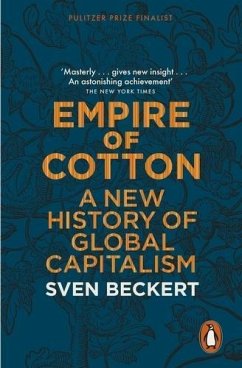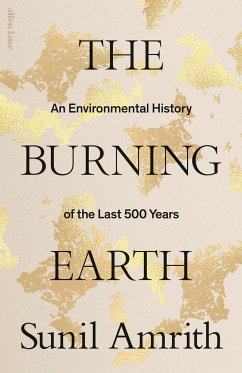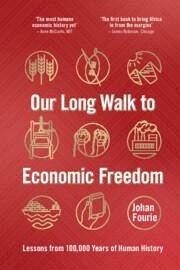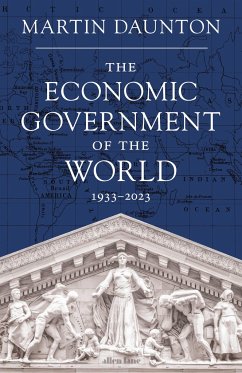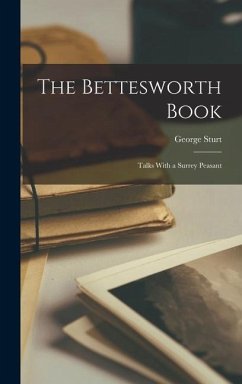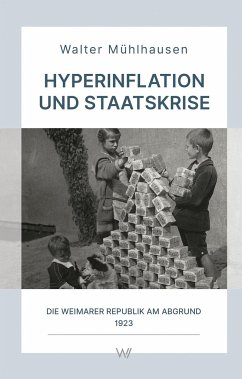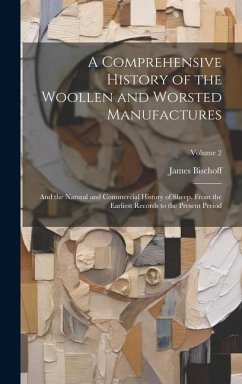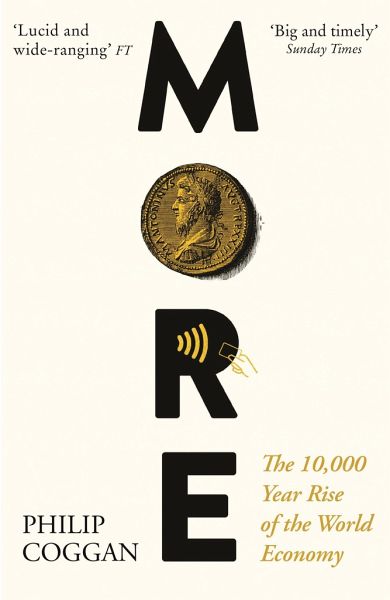
More
The 10,000-Year Rise of the World Economy

PAYBACK Punkte
5 °P sammeln!
§There are 17 ingredients in a typical tube of toothpaste, from titanium dioxide to xanthum gum, and that's not counting the tube. Everything had to come from somewhere and someone had to bring it all together. The humblest household product reveals a web of enterprise that stretches around the globe.More is the story of how we spun that web. It begins with the earliest glimmerings of long-distance trade - obsidian blades that made their way from what is now Turkey to the Iran-Iraq border 7,000 years before Christ - and ends with the consequences of the Covid-19 pandemic. On such a grand scal...
§There are 17 ingredients in a typical tube of toothpaste, from titanium dioxide to xanthum gum, and that's not counting the tube. Everything had to come from somewhere and someone had to bring it all together. The humblest household product reveals a web of enterprise that stretches around the globe.
More is the story of how we spun that web. It begins with the earliest glimmerings of long-distance trade - obsidian blades that made their way from what is now Turkey to the Iran-Iraq border 7,000 years before Christ - and ends with the consequences of the Covid-19 pandemic. On such a grand scale, quirks of historical perspective leap out: futures contracts and commercial branding are among the many seemingly modern components of the global economy have existed since ancient times. Yet it was only in the 18th century that a cascade of innovations began to drive up prosperity in a lasting way around the world.
To piece this fascinating saga together, Philip Coggan takes the reader inside medieval cottages and hi-tech hydroponic farms, prehistoric Chinese burial mounds and modern central banks. At every step of our journey, he finds that it was connections between people that created our wealth. Will the same openness continue to serve us in the 21st century?
More is the story of how we spun that web. It begins with the earliest glimmerings of long-distance trade - obsidian blades that made their way from what is now Turkey to the Iran-Iraq border 7,000 years before Christ - and ends with the consequences of the Covid-19 pandemic. On such a grand scale, quirks of historical perspective leap out: futures contracts and commercial branding are among the many seemingly modern components of the global economy have existed since ancient times. Yet it was only in the 18th century that a cascade of innovations began to drive up prosperity in a lasting way around the world.
To piece this fascinating saga together, Philip Coggan takes the reader inside medieval cottages and hi-tech hydroponic farms, prehistoric Chinese burial mounds and modern central banks. At every step of our journey, he finds that it was connections between people that created our wealth. Will the same openness continue to serve us in the 21st century?



